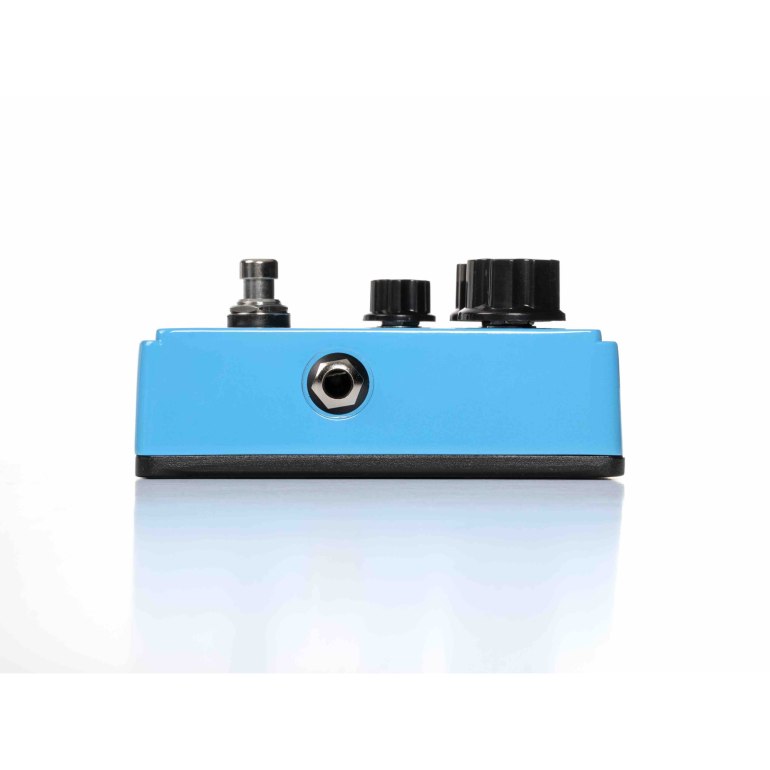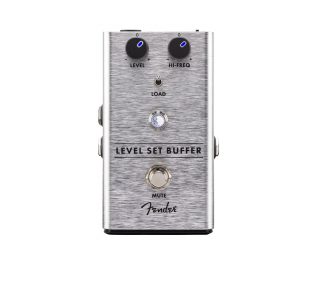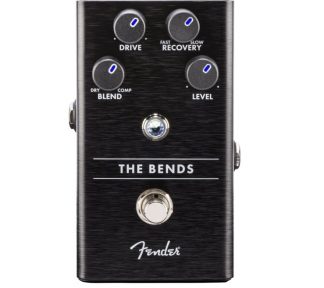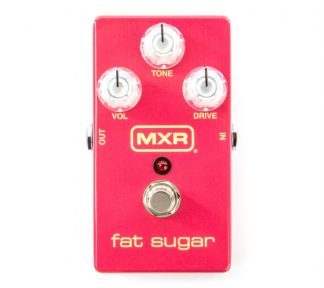Beskrivelse
- Fat, corpulent, fudgy, and sludgy fuzz tones perfect for low output pickups.
- Darker fuzz designed for brighter guitars and amps
- Subtle tone control retains pick attack throughout entire range
- Excellent clean-up with guitar volume knob
Beskrivelse
The Chthonic Fuzz (pronounced: THAH-nik) creates fat, corpulent, fudgy, sludgy, fuzz tones designed to pair perfectly with single-coil, P90, gold-foil, and DeArmond style pickups. It also works great with PAF-style humbuckers, but this fuzz was designed with brighter guitars and bright, clean amps in mind.
Starting with a beloved single-knob ‘70’s fuzz circuit, we experimented with adding a subtle tone control (Lustre), and then a separate gain control (Fuzz). This yielded a simple yet powerful fuzz with an earthy, dark flavor. Straight-up transistor clipping using a pair of 2N2222 transistors allows guitar volume knob clean-up similar to other classic fuzzes, but the Chthonic comes from a different dimension. Think of it as a kind of classic fuzz from an alternate universe.
The Chthonic’s Kraken/Cthulhu graphics are courtesy of the same artist that did the Carcosa Fuzz art. The Chthonic is a psychotic dizygotic dark companion to the Carcosa Fuzz that takes its place in the pantheon of the underworld.
Placement of the DOD Chthonic Fuzz:
The Cthonic Fuzz is designed to be first in the chain. This will allow it to interact with the guitar pickups and volume control. Rolling of the guitar volume just a tiny bit will yield the best results, and rolling it back to 7 or 8 will allow the Chthonic to clean-up to a nice overdrive. Rolling the guitar volume to 5 will yield sparkling clean tones. This sensitivity also makes the Chthonic react to the capacitance of longer cables, so try to keep the cable to the input to the Chthonic as short as possible. Also avoid having any pedals before the Chthonic as the buffer will effect the tone.
Setup of the DOD Chthonic Fuzz:
Start with all the controls at 12:00, their midpoint. Then adjust to taste. If the result is too extreme, then turn the Fuzz and Lustre controls down to a lower setting. All settings will be heavily dependent on the output level of your instrument, your amplifier, and playing style.

















